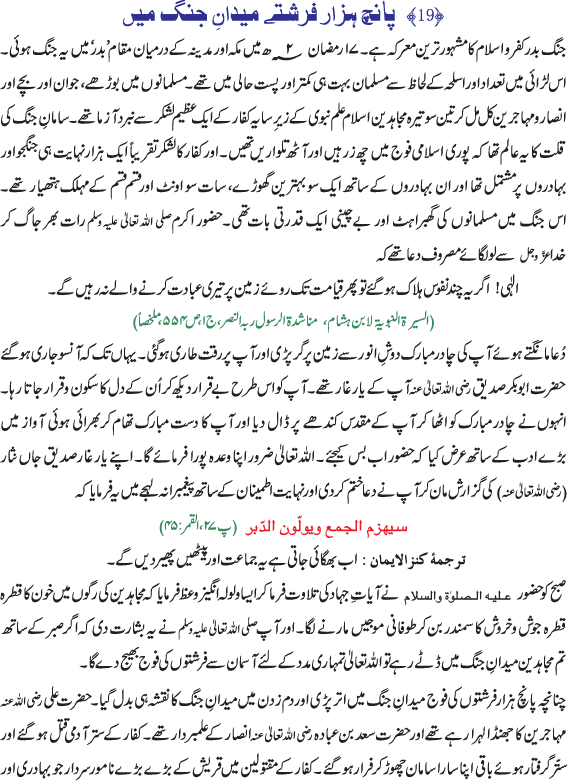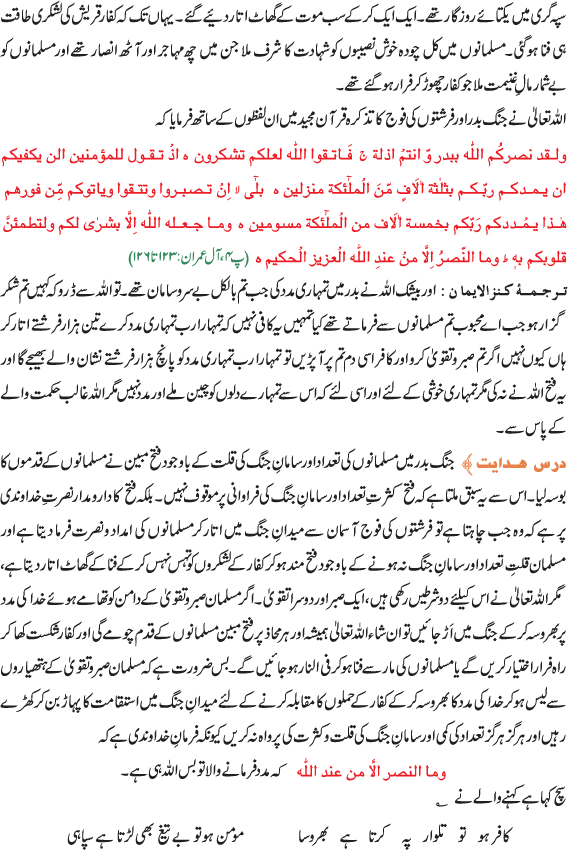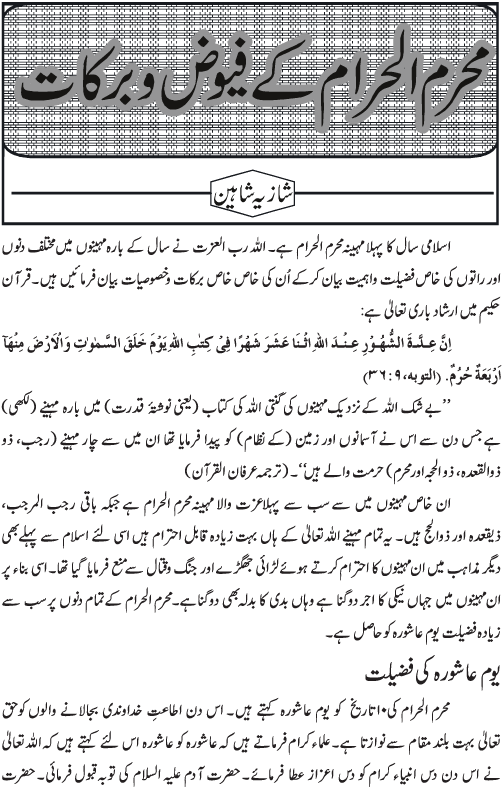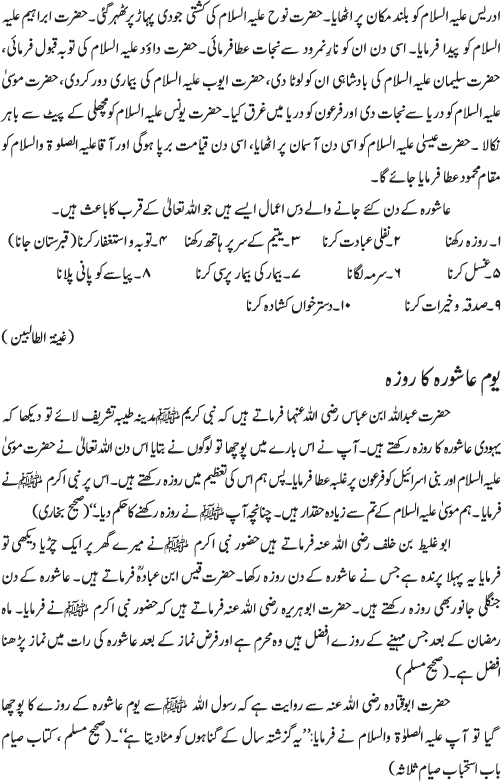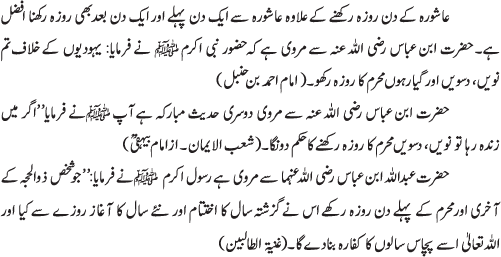After marriage women need to adjust to the demands of their new status. The couple would have known each other very well and they would be familiar with what each of them requires for a happy and settled home life. It is often the case that families stay together because of public duty, or because a break-up is too costly, socially or materially.
Prophet Muhammad (peace be upon him) lived with his first wife, Khadijah (Radi Allahu anha), for 25 years. After her death, he married several wives, but he was with the first of these, Sawdah (Radi Allahu anha), for several years before he married again. All his marriages were necessitated by legislative, social, or political reasons. This means that each one of his wives realized at the time of her marriage that she was being married to a person who received direct revelations from God. This was a far more honorable position than that of any king or emperor. How could they adjust to their new positions? What sort of training did they need for such an adjustment?
Umar ibn Al-Khattab (Radi Allahu anhu) tells us of an occasion when he was at home thinking about a problem he was facing when his wife asked him what was on his mind. He told her that it was none of her business. She said: “How could you say that when your daughter, Hafsah, would ask her husband, the Prophet, about his affairs and would object to something he might wish?” Shocked, Umar (Radi Allahu anhu) went to his daughter and asked her if that was true. She confirmed that it was. Umar (Radi Allahu anhu) counseled his daughter not to do this again, reminding her that should she be divorced, her position with God and the Muslim community would be greatly undermined. Umar (Radi Allahu anhu) further asked another of the Prophet’s wives, Umm Salamah (Radi Allahu anha), about this, because she was related to him. She confirmed it and he tried to counsel her, but she said: “How strange that you, Umar (Radi Allahu anhu), are trying to interfere between God’s messenger and his wives?”
What this tells us is that life in the Prophet’s home was just as normal as it was, and remains, in most families. A married couple may have the occasional disagreement, and if a wife feels that she did not receive what she wants, she may be upset with her husband. She may object to a decision he might have taken and tries to persuade him to change it. If she fails, she may decide not to speak to him, or she may sulk for a while. A little later, things may sort themselves out. The fact that the other party was God’s messenger did not affect this relationship. They looked at it as a normal married life. Thus, the position of the Prophet as God’s messenger disappears, and what is left is the relationship between a man and his wife.
In the Prophet’s case, this was governed by his advice to us all: “The best of you is the one who is best to his wife and family. I am the best of you to my wives and family.” This Hadith sets a principle that the best of all people are those who are kind and compassionate in their dealings with their wives and children. It also sets a practical example that we should all follow. This was the example provided by the best person to have ever lived on earth, Muhammad (peace be upon him).
– by Adil Salahi


